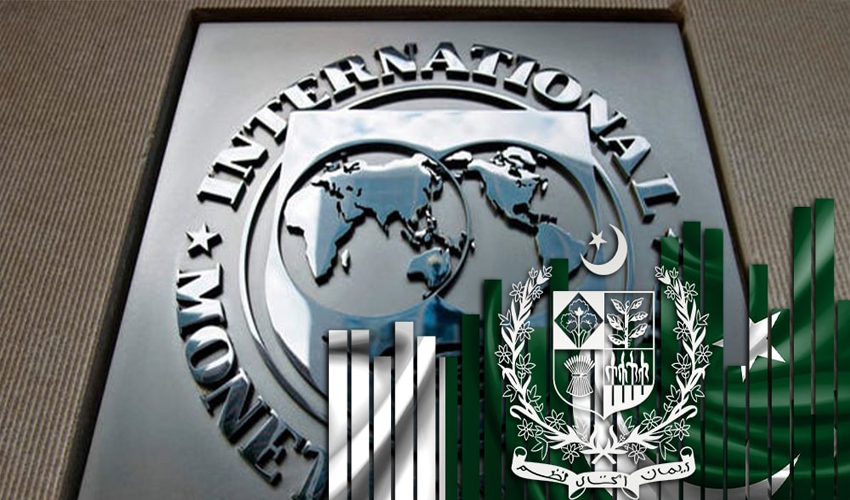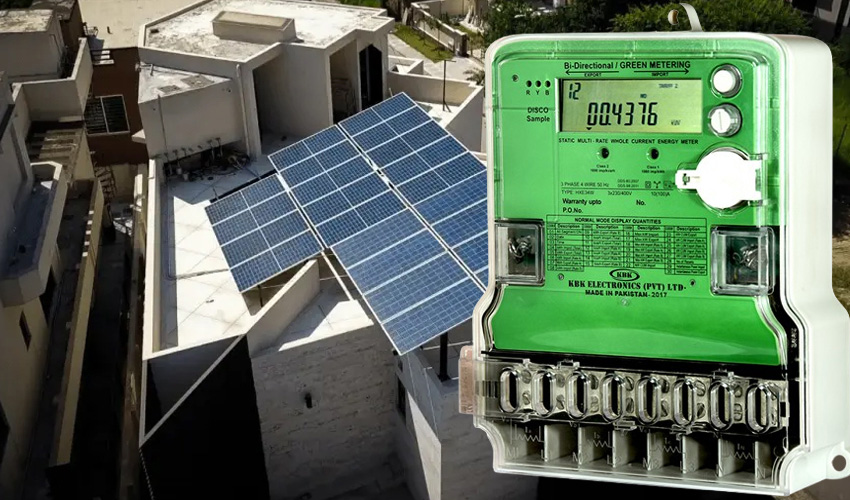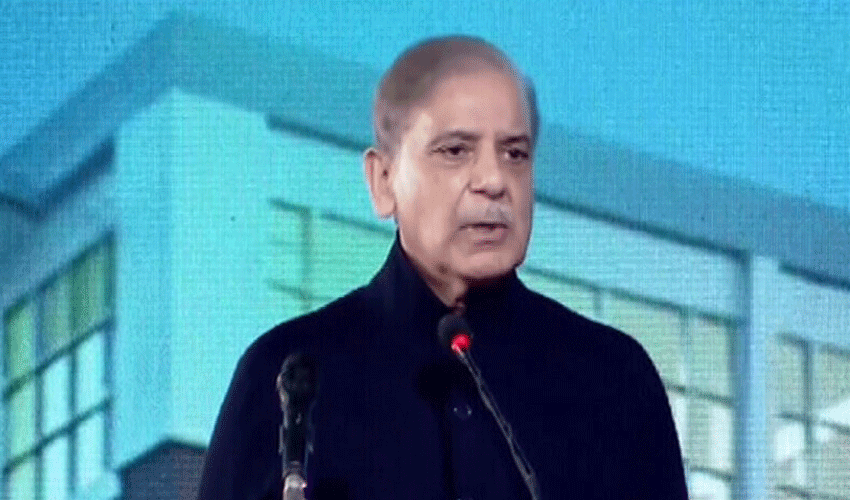In a pivotal move to bolster its economic trajectory, Pakistan on Wednesday successfully negotiated a staff-level agreement (SLA) with the International Monetary Fund (IMF).
The agreement, subject to approval by the IMF's Executive Board, marks a significant stride in the implementation of Pakistan's economic program supported by the IMF Stand-By Arrangement (SBA) amounting to$3 billion (SDR 2,250 million).
Upon approval, Pakistan is set to receive a disbursement of around US$700 million (SDR 528 million), bringing the total disbursements under the program to nearly US$1.9 billion.
Read also: IMF puts new demands on Pakistan
Read also: IMF, Pakistan very close to sign Agreement despite challenges: Kristalina
This financial injection is expected to provide a substantial impetus to the nation's economic stabilization efforts.
IMF team lead's statement
Mr Porter, in a statement issued at the conclusion of the discussions, highlighted the positive indicators emerging from Pakistan's commitment to the stabilization policies outlined in the SBA.
These policies have contributed to a nascent recovery, supported by international partners and a noticeable improvement in confidence levels.
The successful execution of the Fiscal Year 2024 budget, ongoing adjustments in energy prices, and renewed activity in the foreign exchange market have collectively alleviated fiscal and external pressures.
Anticipated inflation decline in the coming months is attributed to receding supply constraints and moderate demand.
Despite these positive developments, the statement underscored Pakistan's vulnerability to external risks, including geopolitical tensions, potential spikes in commodity prices, and global financial conditions tightening further. The need to continue efforts to build economic resilience remains paramount.
Priorities outlined for macro-economic sustainability
The staff-level agreement outlines key priorities for Pakistan under the SBA, emphasizing the commitment to advance planned fiscal consolidation.
The authorities are geared towards accelerating cost-reducing reforms in the energy sector, completing the transition to a market-determined exchange rate, and undertaking state-owned enterprise and governance reforms to attract investment and support job creation.
Outlook and challenges
The agreement reflects a collaborative effort to strengthen macroeconomic sustainability and set conditions for balanced growth. While signs of recovery are evident, challenges persist, necessitating a vigilant approach.
The unfolding geopolitical landscape, fluctuations in commodity prices, and global financial dynamics will require astute management to safeguard Pakistan's economic stability.



























